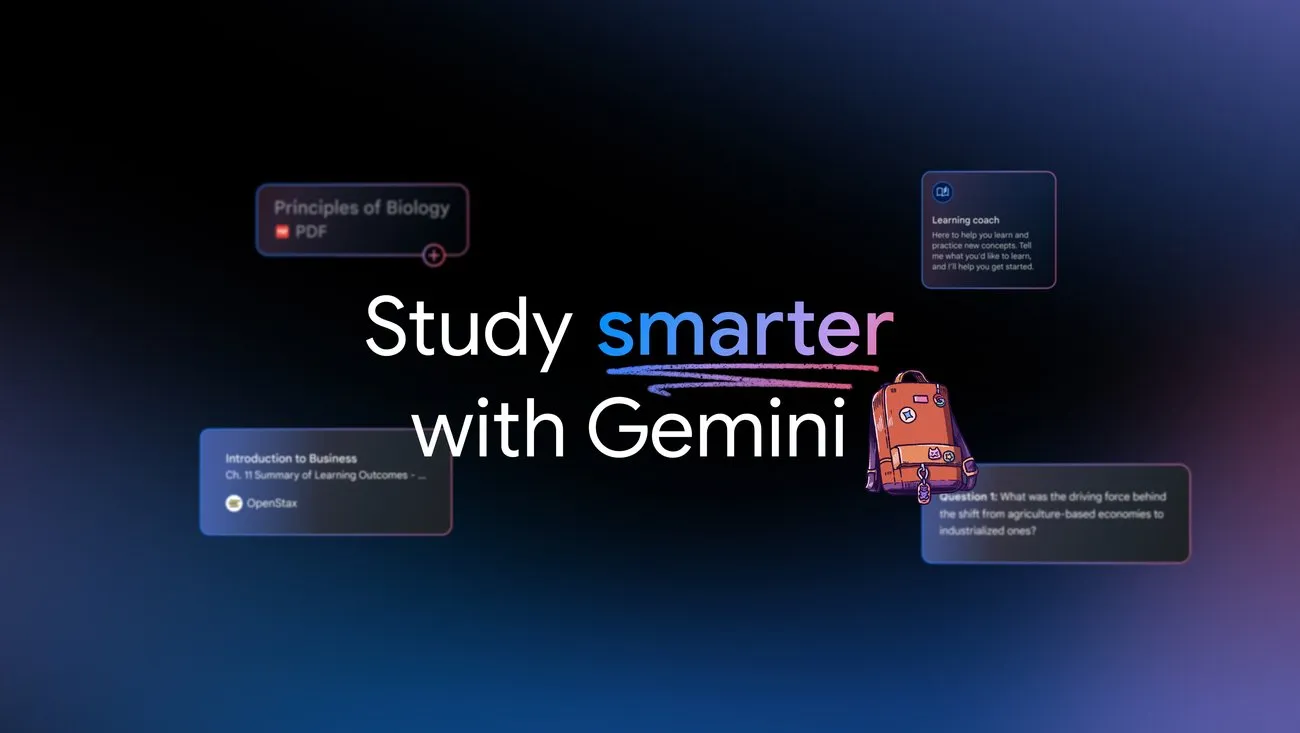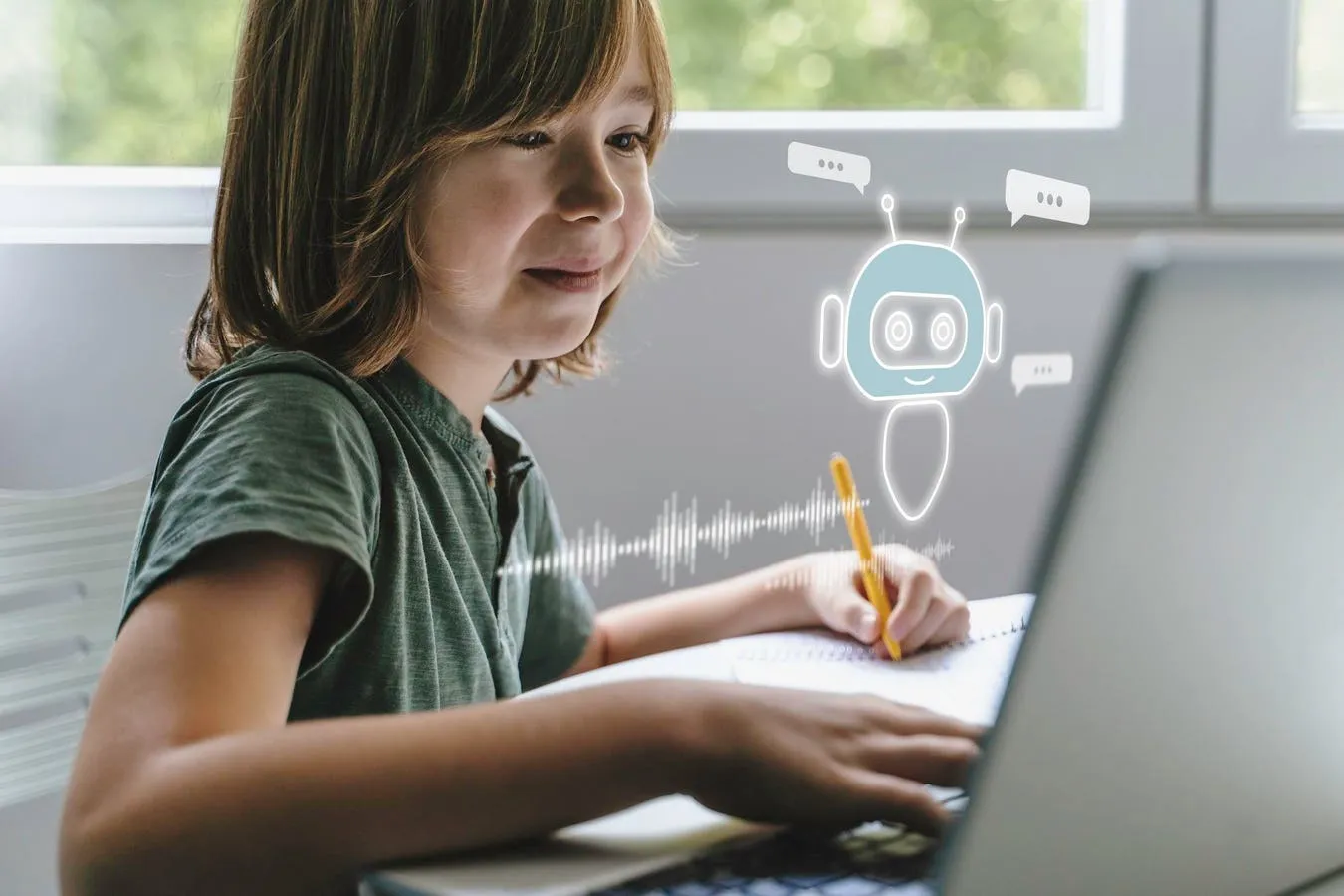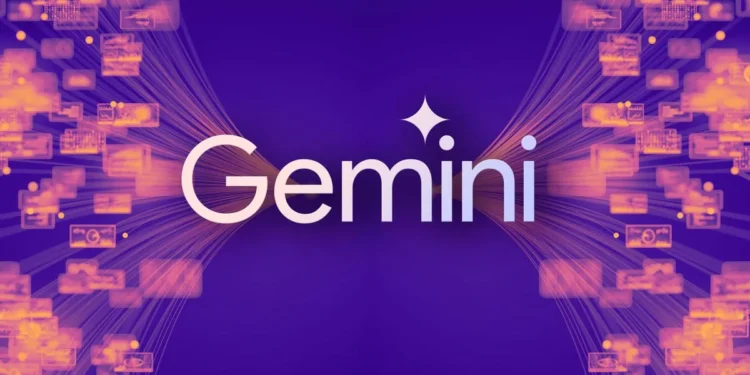In a significant move that blends cutting-edge technology with child safety, Google is rolling out its Gemini AI apps to children under the age of 13. Set to be available through managed family accounts, this development marks a major step in the way children will interact with artificial intelligence on their Android devices.

Gemini AI Comes to Kids: What It Means for Parents
Google has officially notified parents using Family Link parental controls that their children will soon have access to Gemini AI apps. These apps, available on monitored Android devices, will allow kids to use Gemini for educational purposes—whether it’s helping them with homework or reading them stories. In a bid to promote child safety, Google emphasizes that data generated by kids’ interactions with Gemini won’t be used to train AI models, reassuring parents concerned about privacy.
The announcement, reported by The New York Times, is aimed at creating an AI experience that can be both helpful and safe for younger users. However, as with any new technology, there are some important caveats. Google has issued a cautionary message to parents, warning them that “Gemini can make mistakes,” and that children may come across content that is not appropriate. As part of the launch, the company is reminding parents that talking to their kids about the AI’s capabilities—and limitations—is key.
The Risks and Benefits: AI for Kids
While the idea of AI helping children with schoolwork or entertainment sounds appealing, there are potential pitfalls to consider. Google is clear that although Gemini’s purpose is to be educational and fun, mistakes can happen. For example, kids may encounter odd suggestions, like a recommendation for glue as a pizza topping or a bot miscounting letters in a word. However, these lighthearted mistakes are not the only concern.

In a broader context, AI technology has presented more serious challenges. Some users of AI chatbots, like those on platforms such as Character.ai, have struggled with the distinction between chatting with a real person and a bot. Reports have surfaced about chatbots misleading users into thinking they are conversing with humans, which led to inappropriate content and even lawsuits. This underscores the importance of strong safeguards when it comes to children’s use of AI.
In response to these concerns, Google has taken precautions to ensure its Gemini AI remains as safe as possible for younger audiences. The company’s guidelines for parents emphasize that children should be told that the AI is not human and to avoid sharing sensitive information with the chatbot. Parents can also manage access through Google’s Family Link app, which helps monitor device usage, set limits, and block harmful content.
Full Control for Parents: Managing Access to Gemini
For children under 13, access to Gemini will be facilitated through Google Family Link, which allows parents to set up and manage accounts for their kids. This tool is designed to offer parents peace of mind by giving them control over what their children can access on their Android devices. It also provides the option to turn off Gemini access entirely if parents are uncomfortable with the feature.

Karl Ryan, a Google spokesperson, confirmed to The Verge that parents will receive notifications whenever their child accesses Gemini for the first time, giving them an opportunity to monitor and guide their child’s usage of the AI tool. This level of transparency ensures that parents are fully aware of their children’s interactions with Gemini.
The Future of AI for Kids: A Balancing Act
As AI continues to evolve and integrate into our daily lives, the role of artificial intelligence in children’s education and entertainment will only grow. Google’s decision to introduce Gemini AI for children highlights the growing trend of incorporating AI into family-friendly tech. But as with any new technology, it is essential to proceed with caution.
By offering these tools with built-in parental controls and transparency, Google is ensuring that children can benefit from AI’s potential while minimizing risks. However, parents must stay informed, have open conversations with their children about AI’s capabilities, and take full advantage of the tools Google provides to manage their kids’ access. Ultimately, the future of AI for kids will require a careful balancing act between fostering innovation and maintaining safety.










